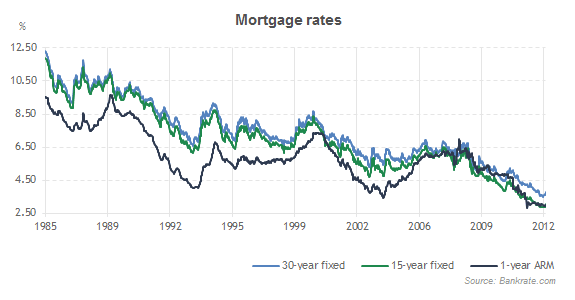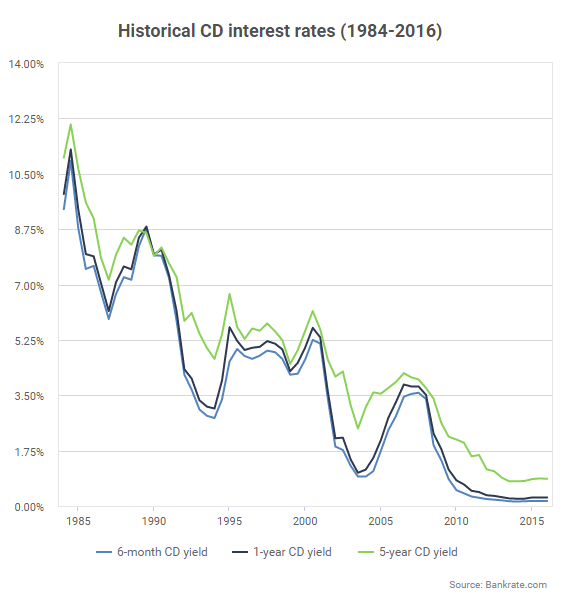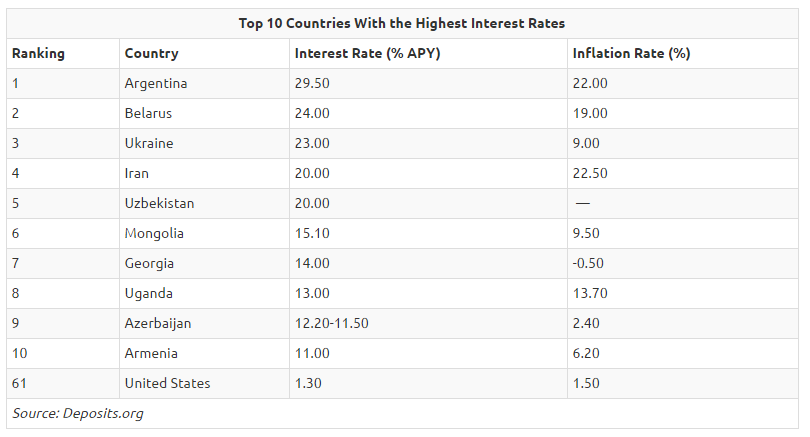Today Netflix crashed 13% after lower than expected subscribers were reported for the second quarter. It now trades at $85.63 after falling $13.13. If you had invested in this stock just yesterday you would have lost over 13%. The first thing I do when I see stock headlines like this is pull up the stock and look at it’s P/E ratio. This is currently at an outstanding 266! That’s more than 20 times that of Apple, meaning people have much higher expectations of growth with this stock.
That being said, 266 is better than a P/E of 0 (sometimes denoted ‘-‘), which means that the company does not turn a profit at all. One big example of such a company is Tesla. People are so adamant that Tesla will be the wave of the future that they’ve heavily invested in this stock, which means that Tesla will probably have a high beta. When fluctuations happen you will see these high beta stocks swing much more violently than stable low risk stocks such as Proctor and Gamble, Johnson and Johnson, and utilities. That being said, certain events can still cause ‘stable’ companies to flop or gain/lose an incredible amount of value – buyouts, disasters, shortages are some of these types of events.
In my opinion, I would not consider buying any company with a P/E ratio higher than 100, and would discourage investing in an unprofitable company. If I had to use a stock screener to automatically buy stocks I suppose I would filter by P/E ratio between 10 and 22 with a dividend of between 1 and 3.5% and a return on equity of at least 10%. Return on equity means how much percentage profit each stock generates. For example Apple has in the first quarter had a return on average equity of over 30%, meaning if each dollar of stock generated 30 cents in profits. Not bad! A low return on equity means the profitability of the company based on its equity is low, so more money put into the company might not yield much profit so the incentive for price growth or dividend payouts is probably lower.



